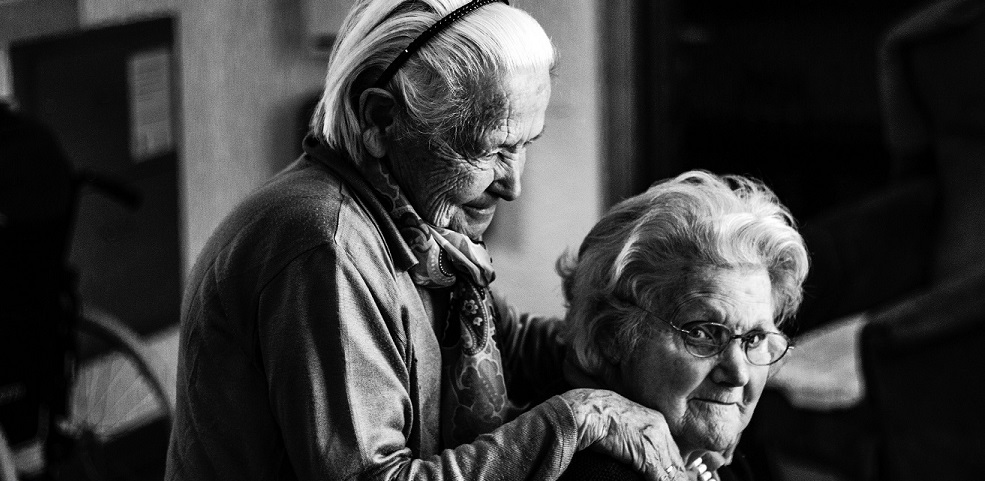PRESS RELEASE
Brussels, 11 June 2019
World Elder Abuse Awareness Day, 15 June 2019
 Photo by Eberhard Grossgasteiger on Unsplash
Photo by Eberhard Grossgasteiger on Unsplash
One in four older people with high care needs experiences abuse in Europe (*), but real numbers may be much higher. What makes our societies blind to such reality? Ahead of World Elder Abuse Awareness Day, 15 June 2019, AGE Platform Europe wants to stress that, because of deeply rooted ageism that prevails in our societies, we collectively fail to recognise elder abuse as a violation of human rights.
Ageism – the prejudice, stereotyping and discrimination of individuals on the ground of their age – often goes unnoticed. Ageist beliefs and practices are pervasive and lead to situations of abuse in all care settings – at home, in institutions and in the community – and to the failure to protect older persons at risk. Because of ageism social workers are more likely to detect and report abuse against younger than older persons; neglect and maltreatment are often seen as normal care practices or a consequence of limited resources; and justice and law enforcement bodies tend to take older victims of violence and abuse less seriously than younger victims.
Elder abuse is the most harmful manifestation of ageism in society and is far from being anecdotal: it is a widespread reality in all cultural contexts and in all settings.
“An ageist society is an abusive society. If we continue to think that older people are inevitably dependent, frail, precarious and excluded,we will contribute to elder abuse, rather than addressing it. To end elder abuse, we first need to say no to ageism and take concrete action!” , said Anne-Sophie Parent, AGE Secretary-General.
To mark the World Elder Abuse Awareness Day, AGE organized on 6 June 2019, a workshop on Promoting the dignity and wellbeing of older people in need of care in the framework of the European Social Services Conference, in Milan.
“When it comes to the quality of care services, our message is simple, but cannot be taken for granted: it does matter how you live and how you feel when you are old and need care! It does matter what treatment society offers to all of us when we reach old age!” , said Ms. Parent.
Over the past years, elder abuse has been discussed in several fora, including at the United Nations. However, it remains a shockingly low priority in policy agendas.
“Ending elder abuse requires strong political commitment at the highest level. The European Union can play a key role here, both through awareness raising actions and by helping Member States develop national plans to implement Principle 18 of the EU Pillar of Social rights which states that “Everyone has the right to affordable long-term care services of good quality, in particular home-care and community-based services” , concluded Ms. Parent.
(*) source: WHO European Report on preventing elder maltreatment, 2011
Useful resources
- AGE Platform Europe’s materials on quality care, including the European Quality Framework for long-term care services
- European AGE-led events to mark the World Elder Abuse Awareness Day: 2015, 2016, 2017, 2018, 2019
- AGE Platform Europe position on structural ageism
- #AgeingEqual Campaign blog: ageing-equal.org, and the thematic week on ageism and abuse: https://ageing-equal.org/ageism-and-abuse/
Contacts
For more information on AGE work on elder abuse, you may contact Borja Arrue, borja.arrue@age-platform.eu, or via phone: +32 2 280 1470.






